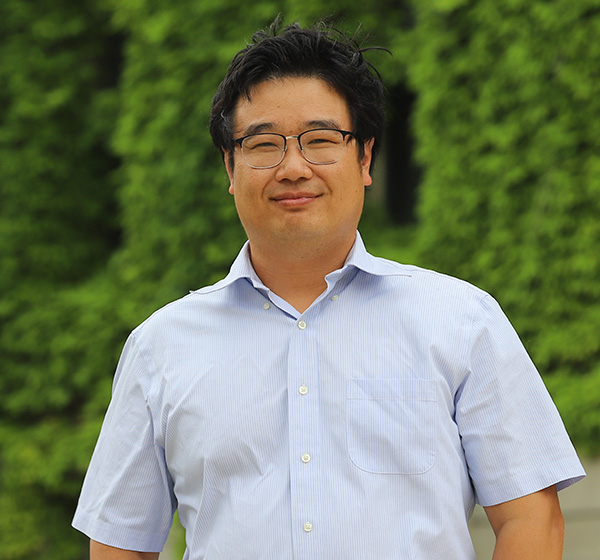
Zhao Qin, assistant professor of civil and environmental engineering in the College of Engineering and Computer Science (ECS), has been selected as an International Association of Advanced Materials (IAAM) Fellow in recognition of his contribution to the Advancement of Materials to Global Excellence. He will deliver an IAAM Fellow Lecture in the Advanced Materials Lecture Series 2023.
Founded in 2010, IAAM has been the leading advocate for advancements in advanced materials science, engineering, and technology. With its focus on social implications, the non-profit scientific organization encourages scientists to consider the broader impact of their work and aims to foster open and informed conversations in science, engineering and technology.
The primary aim of the organization is to optimize the resourcefulness of the world of science to improve the quality of human life by conducting high-quality research. Boasting a roster of over 7,500 scientists and invited speakers from over 100 countries, IAAM’s Advanced Materials Lecture Series hosts talks by renowned scientists, promoting innovation and sustainability for an eco-friendly world.
“I am deeply honored to be named as an IAAM Fellow,” Qin said. “This recognition is a testament to our group’s dedication and hard work on material innovation studies by integrating multi-scale computational modeling and experiments. It is also a reflection of the exceptional support and commitment of my students and colleagues. I would like to express my heartfelt gratitude to my students, whose enthusiasm and eagerness to learn have constantly inspired me to strive for excellence in my teaching and mentorship.
“Their inquisitive minds and unwavering determination have been instrumental in shaping my approach as an educator. Additionally, as a junior faculty member, I am incredibly grateful to my colleagues in my department and school for their invaluable collaboration, guidance, and encouragement throughout this journey. Their expertise and unwavering support have fostered an environment of growth and innovation, enabling me to reach new heights in my research endeavors.”


